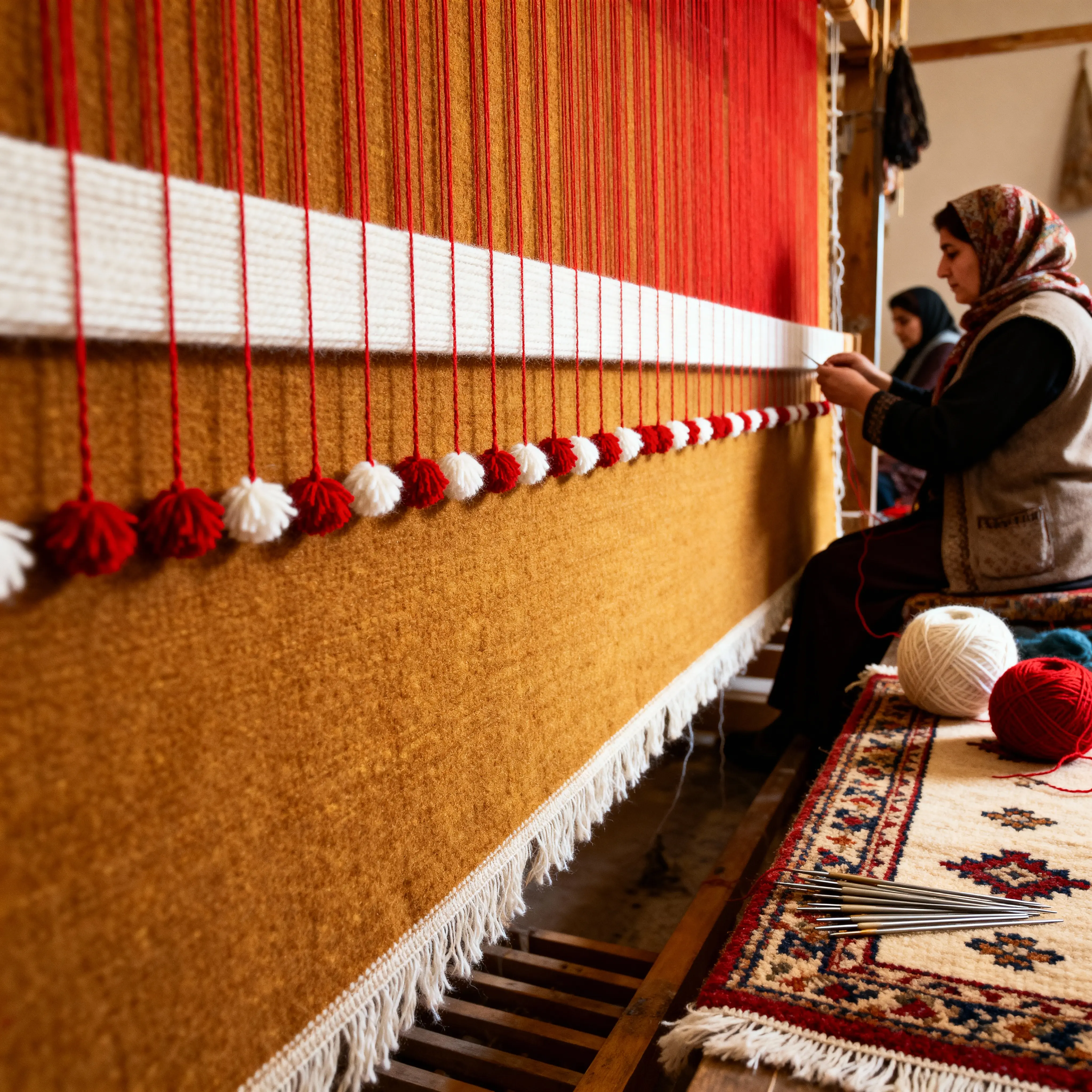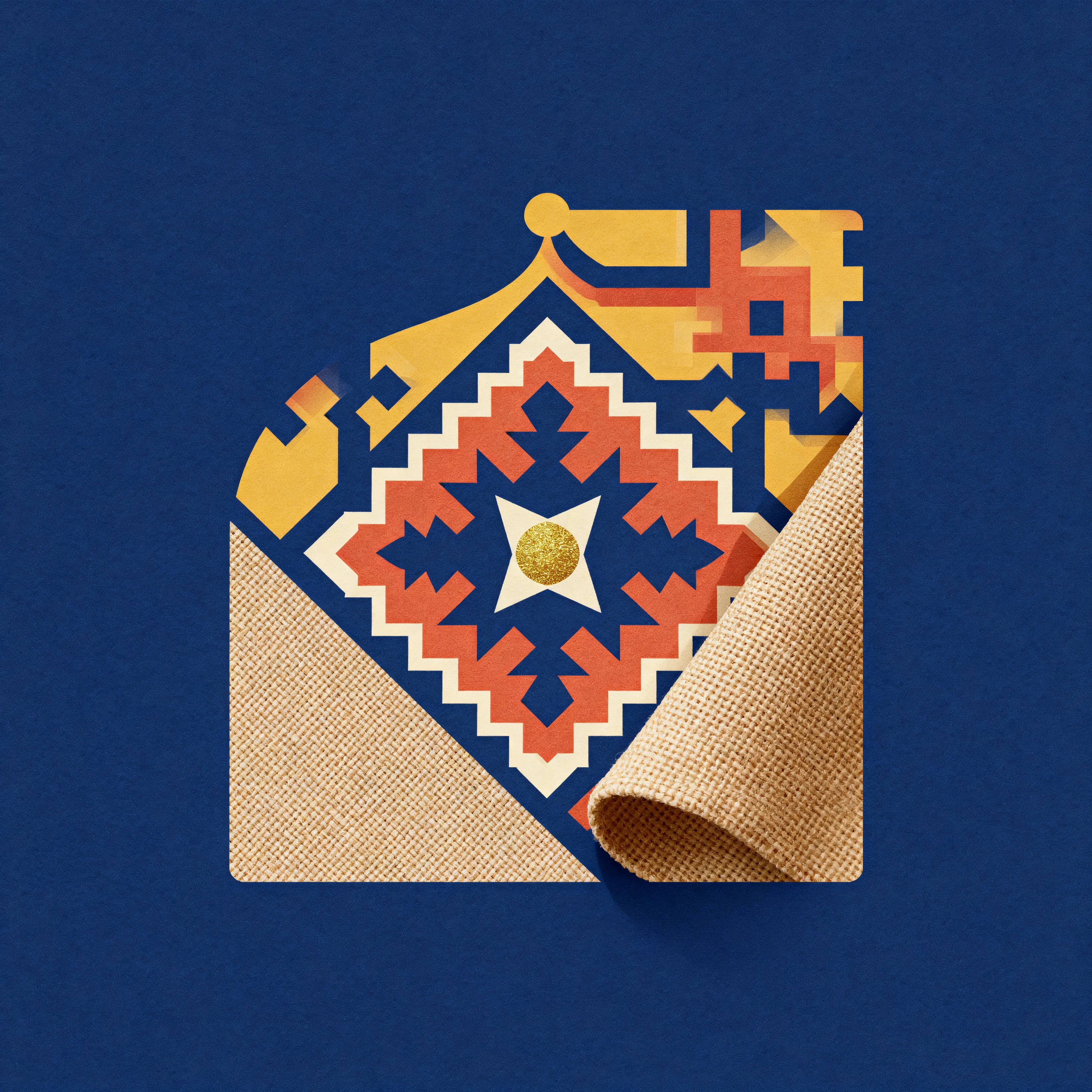Our story
Anadolu Looms Tekstil A.Ş. began as a tiny weaving room in Bursa in the late 1990s. The first loom belonged to our founder’s father — a machine that rattled the entire street when it spun up. We sold yardage to neighborhood tailors, learned to fix broken reeds at night and delivered rolls on the back of an old pickup.
Two decades later we operate from Istanbul with partners across Izmir, Bursa, Denizli, Ankara and Uşak. What did not change is our way of working: keep promises, explain trade-offs honestly, and never hide what a fabric is made of.
Timeline
- 1998 — Bursa: first cotton plain weave orders for local shirtmakers.
- 2006 — Izmir & Denizli: long-staple cotton sourcing and cut-&-sew for home textiles.
- 2012 — Istanbul move: weaving + finishing under one roof; start of weekly consolidated shipments.
- 2017 — Rugs program: partnerships with artisan kilim and carpet workshops in Ankara/Uşak.
- 2023 — Today: disciplined capacity planning, QC lab upgrades, dark/light web catalog with full specs.
What makes us different
Evidence-based QC
Every lot ships with GSM, shrinkage and color-fastness results. We store retain samples for 12 months and can reproduce shades on request.
Plain speech
We tell you when a dye line is full, when a shade is risky, or when a tolerance might be pushed. It saves days and prevents unhappy unboxings.
Regional strengths
Izmir cotton, Bursa silk, Denizli sewing, Uşak wool. We use each region for what it does best — and credit the people behind it.
Manufacturing footprint
Istanbul (HQ)
Weaving, finishing and QC lab. From loom state to reactive dyeing, calendar, sanforizing and final inspection.
Denizli
Cut & sew for peshtemal towels and throws. Private-label packaging and barcodes for retail programs.
Ankara & Uşak
Kilim and pile carpets made with artisan partners who keep traditional motifs alive while meeting hospitality specs.
People
Many of our team members started as apprentices. We pair each new hire with a loom lead for three months; the first lesson is how to listen to the machine. We fund night classes in Başakşehir for textile technicians and host factory visits for design students twice a year.
Team
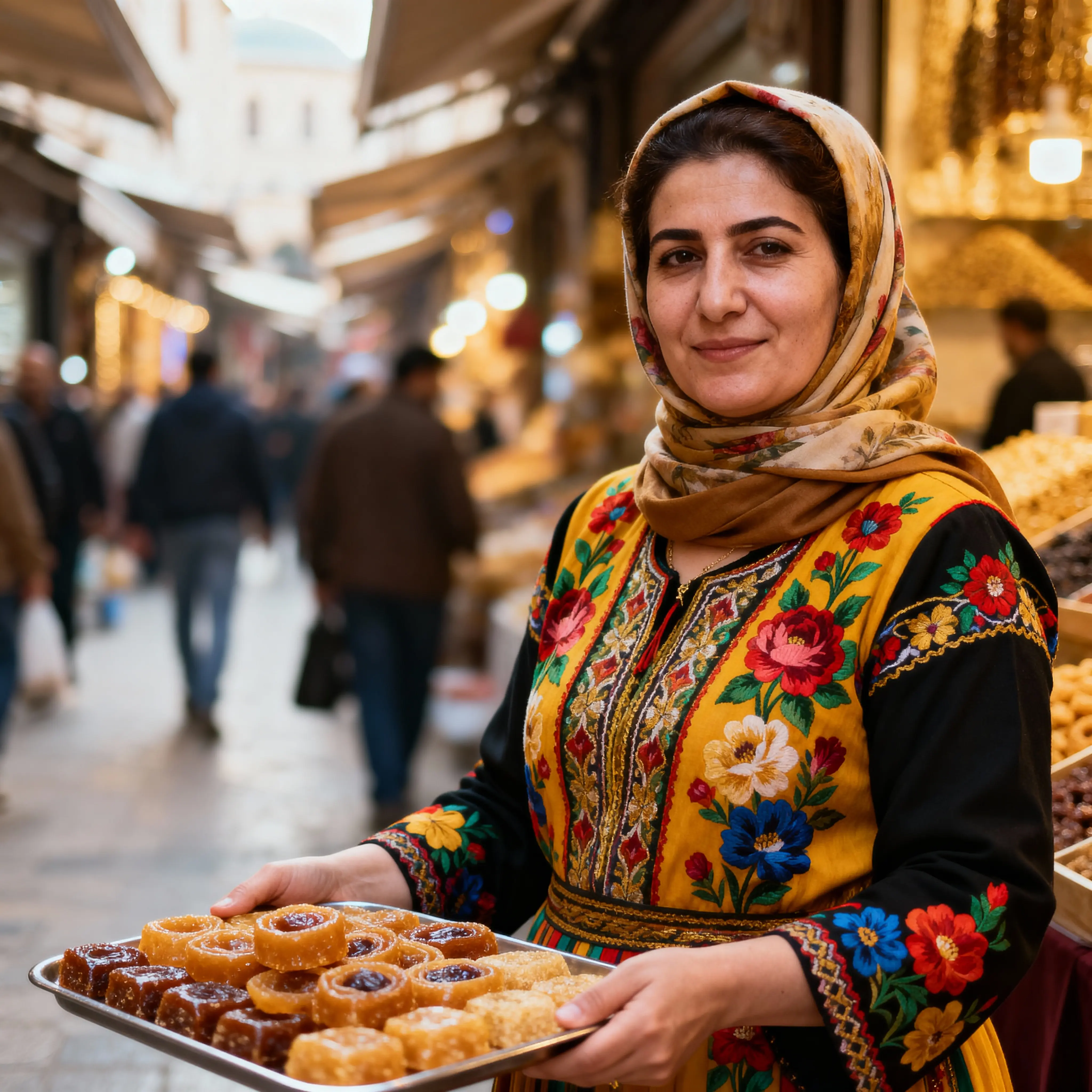
Ayşe Erdem
Head of Weaving
Started as an apprentice in Bursa. Plans loom loading and trains operators to “listen to the loom” — she hears warp breaks before the sensors do.
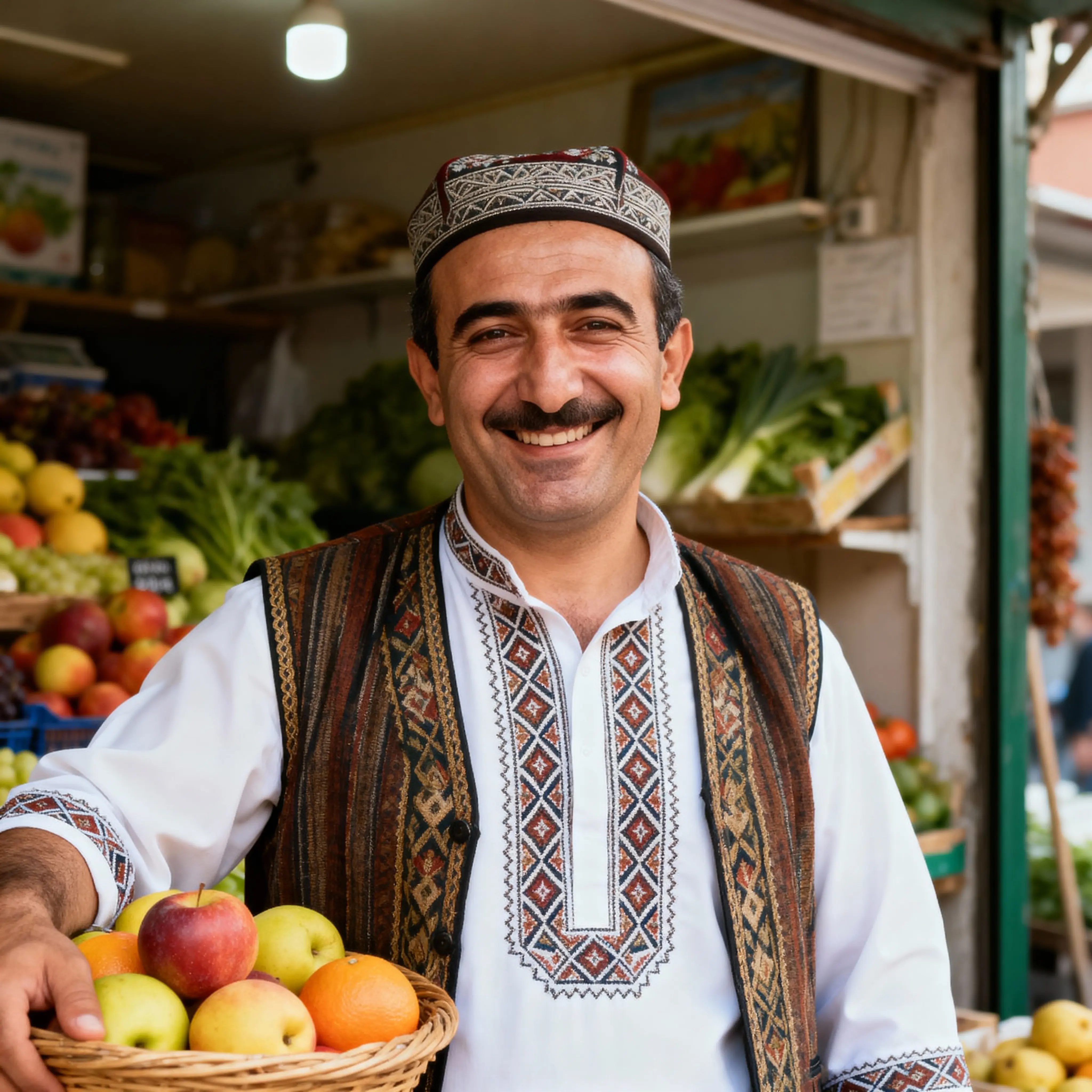
Murat Kaya
Dye & Finishing Lead
Oversees reactive dyeing and shrinkage. His “shade passport” keeps seasonal colors consistent with zero drift.
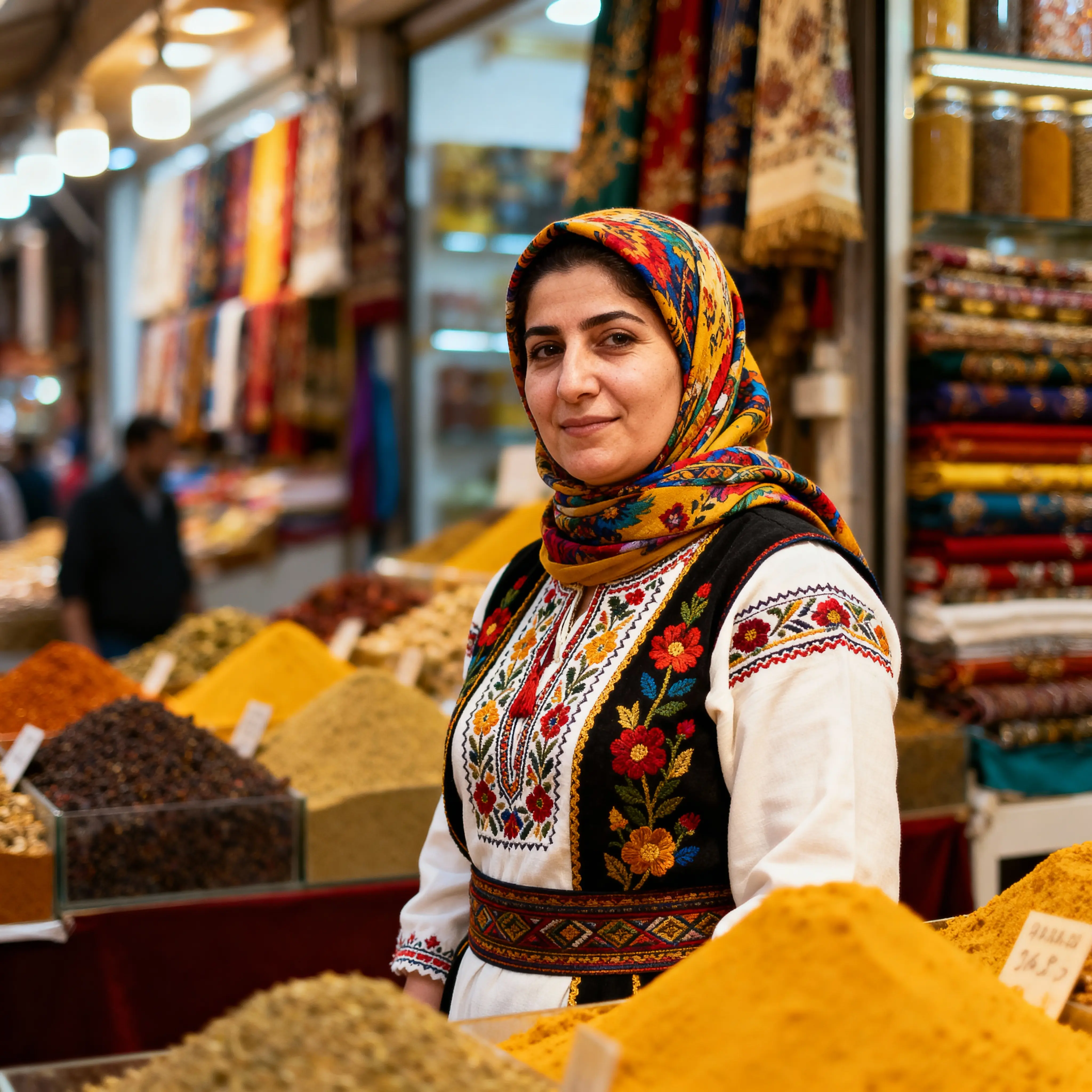
Elif Demir
QC Lab
Runs color-fastness tests (wet/dry rub, light) and archives retains for 12 months to guarantee traceability.
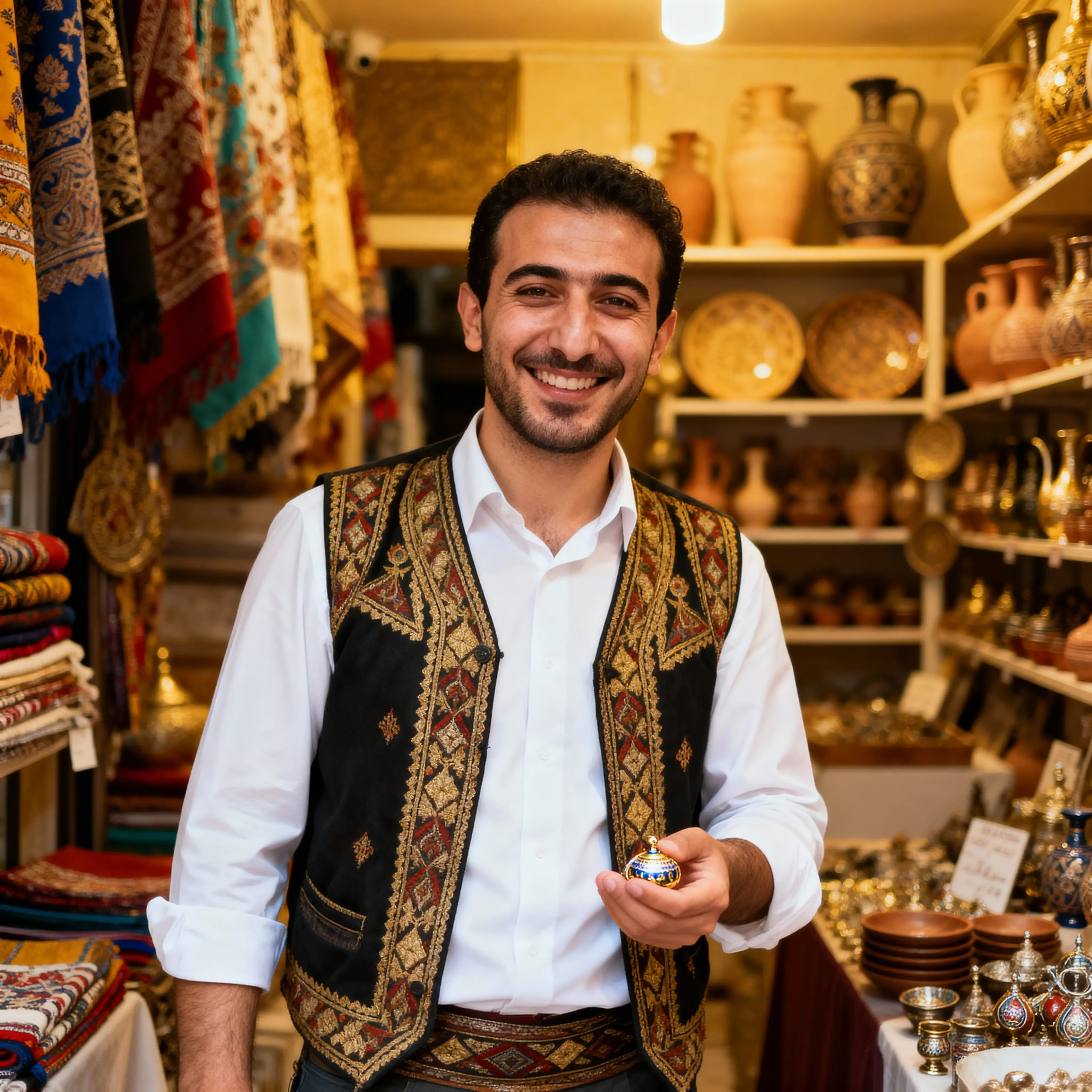
Ozan Arslan
Logistics
Consolidates every Friday’s EXW Istanbul shipments, double-checks packing and documents each roll label.
R&D and development
Shade library
Lab dip turnaround in 48–72h for common tones, with a persistent color card that reduces seasonal drift.
Structure tweaks
We adjust weave density and pick counts to hit target drape or abrasion — and show the math behind it.
Sustainability line
Short-run recycled-content utilities and local yarn reuse. We publish what % is truly recycled per SKU.
Quality system
- Incoming yarn checks (count, twist, moisture)
- In-process loom audits (end breaks, pick density)
- Finishing control (shrinkage, skew, torque)
- Color fastness (wet/dry rub, light) and dimensional stability
- Traceability from lot to final roll stickers
Responsibility
We follow OEKO-TEX® chemical lists, keep wastewater logs where applicable, and run a zero-tolerance policy for child labor. Each year we allocate a budget for apprenticeships and loom maintenance at a vocational high school in Istanbul.
Logistics & service
Predictable lead times
We book loom/dye capacity before confirming. Most core SKUs: 7–15 days. Complex blends: quoted honestly.
Clear paperwork
Packing lists with roll photos and labels. EXW Istanbul by default; other Incoterms® on request.
After-care
Care guidance per SKU and quick claim handling with RMA numbers if something goes wrong.
Certifications & partners
We run a documented quality and chemical control cycle. Our processes are structured around ISO 9001 principles and chemical selections aligned with OEKO-TEX®. When buyers need formal certification, we share accredited lab reports and batch passports. We collaborate with industry associations and trusted raw-material suppliers.
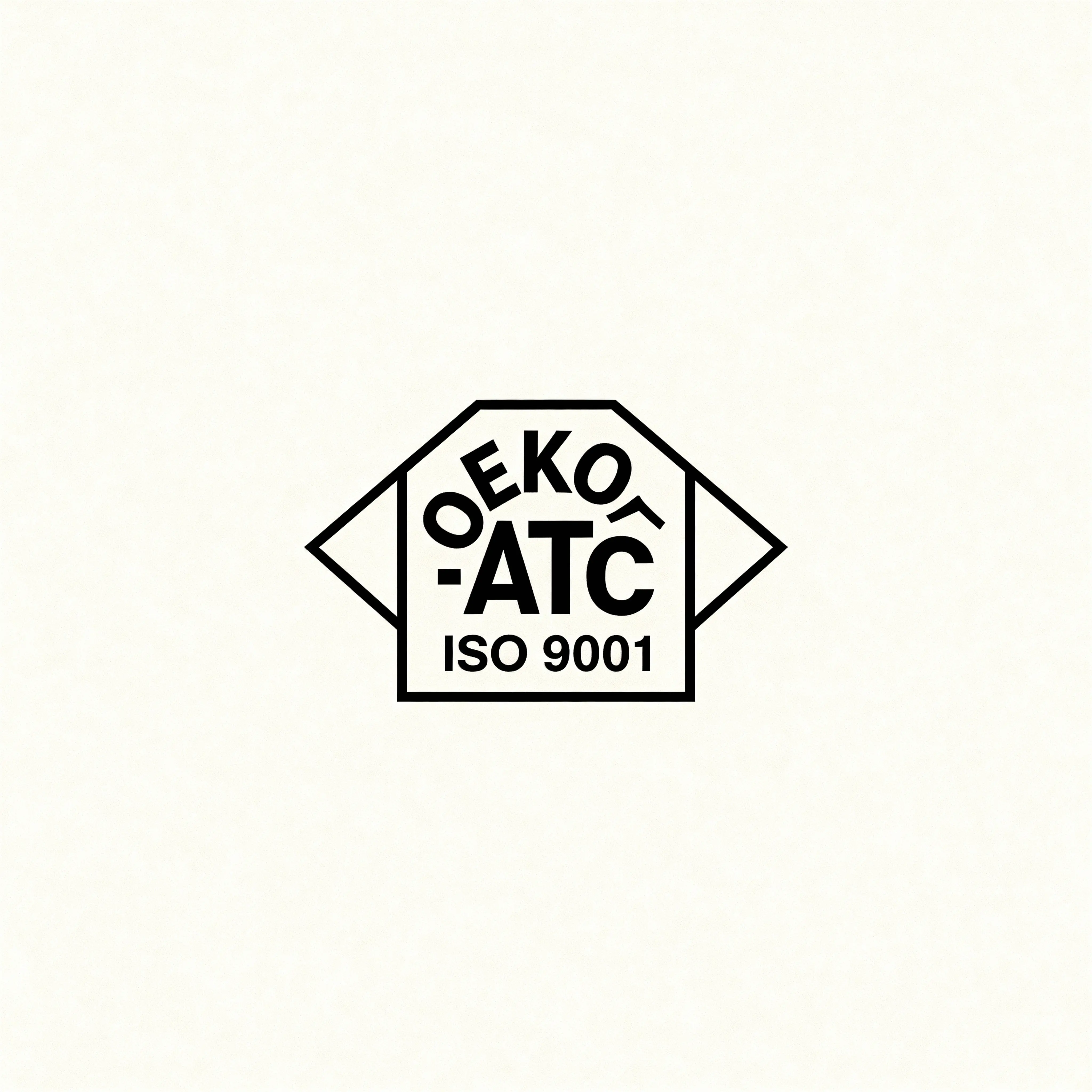
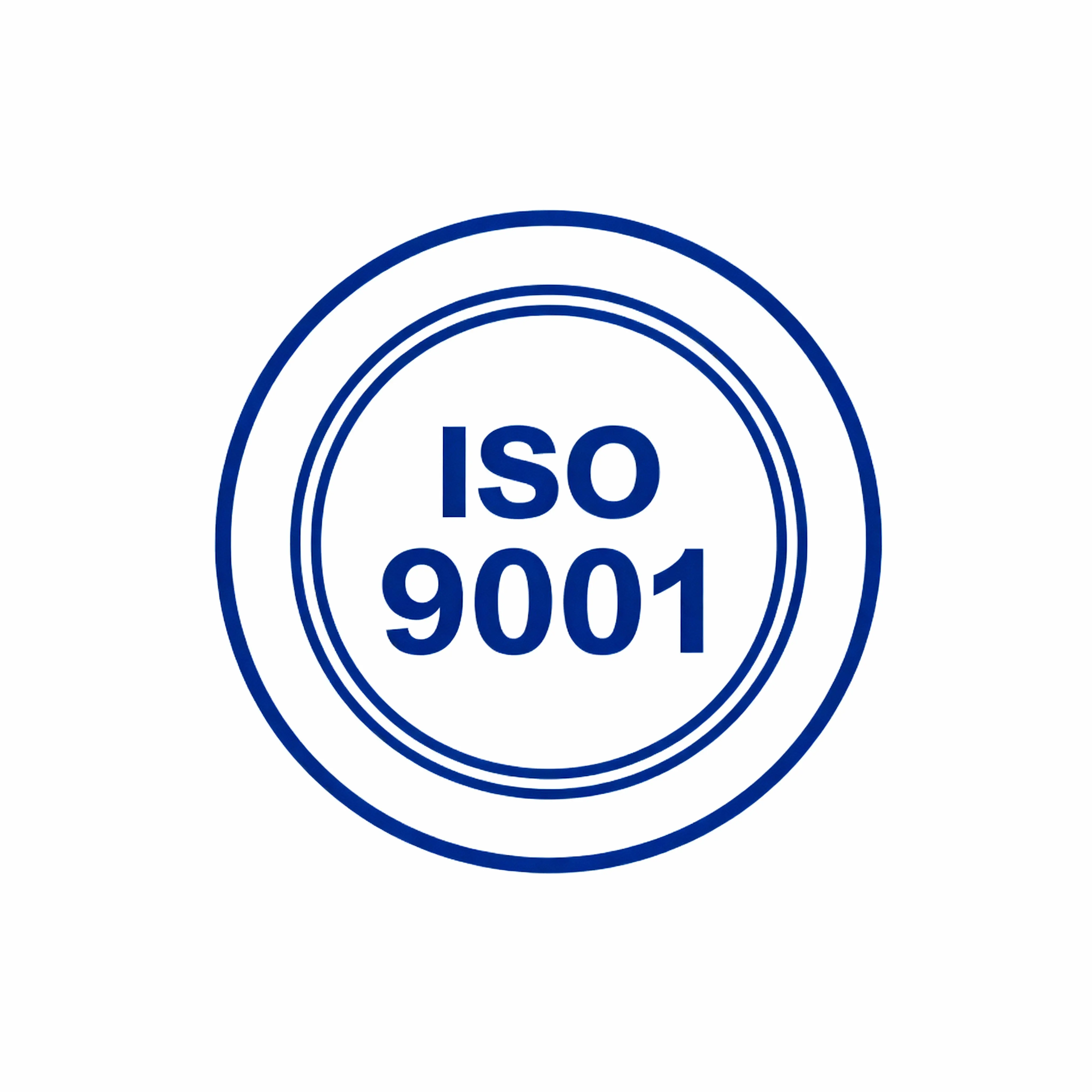
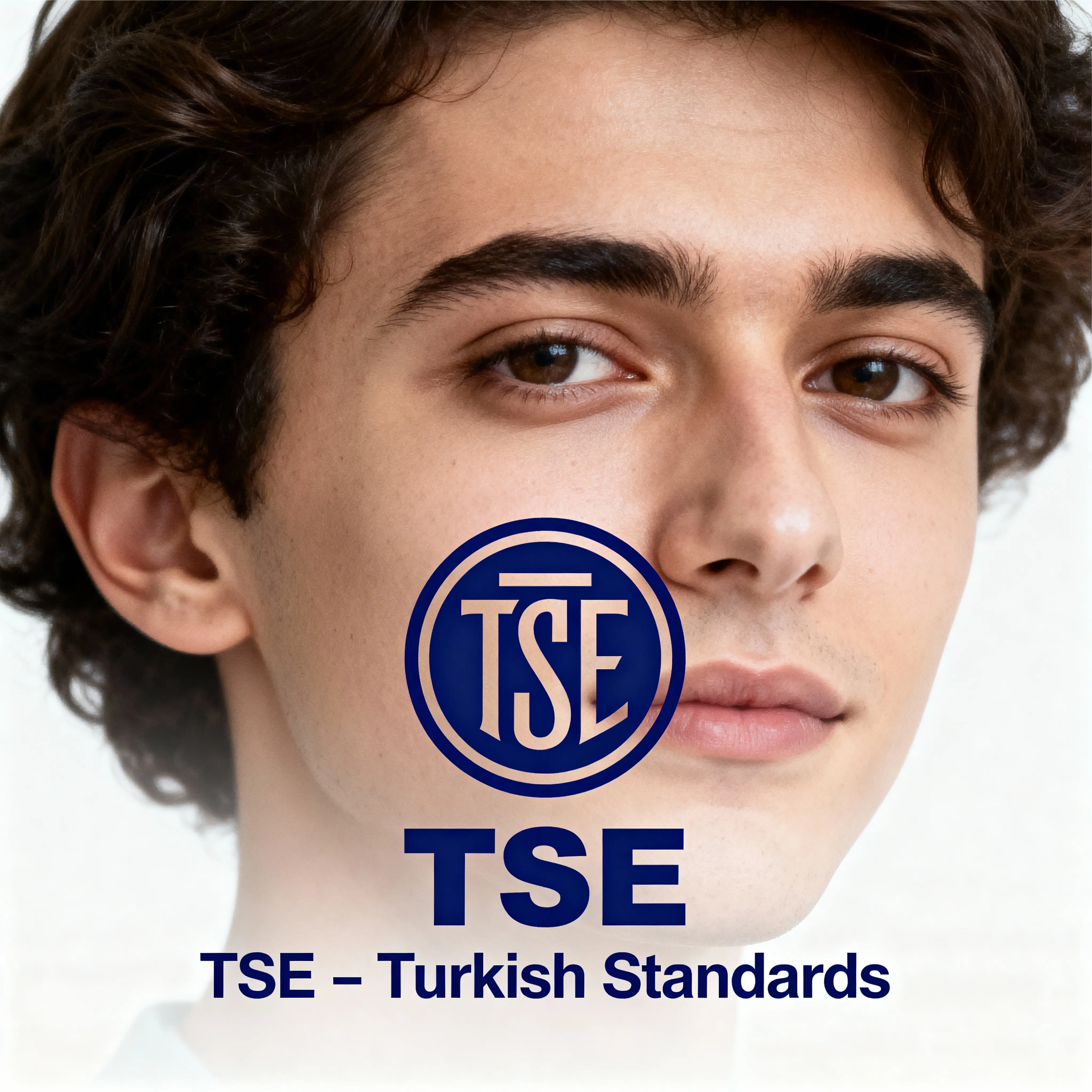
Note: where a formal “certificate” is required, we provide documentation from our accredited labs and partners. We do not display logos to advertise certifications that are not issued to our legal entity.
Where we’re going next
We’re expanding our outdoor fabric line with higher lightfastness and launching a designer-friendly swatch program that ships within 48h from Istanbul.
